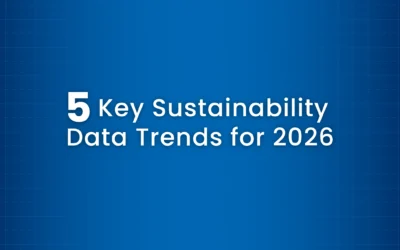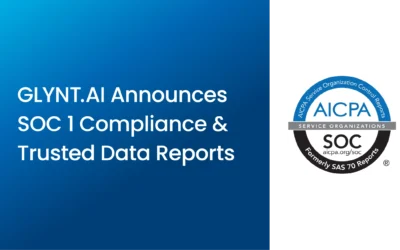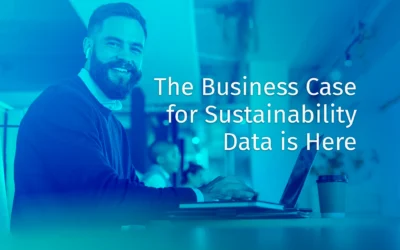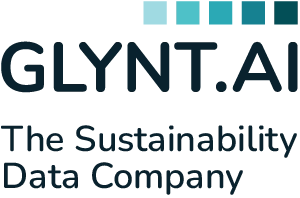- The International Financial Reporting Standards (IFRS) – the global accounting standards authority – mandated the reporting of supply chain emissions. The days of toe-in-the-water are over. The days of “report all that is material to investors” is here. And it all starts in 2023.
- The Financial Conduct Authority(FCA) in the UK announced new rules on emissions disclosures, aiming to give consumers and businesses more confidence in what is being reported, and to avoid greenwashing. And these start in 2023 too.
- The European Central Bank (ECB) announced new mandates for banks to report their climate risk exposure and penalties if they do not. With the majority of bank emissions coming from investments and loans, this puts reporting enormous pressure on a large ecosystem of business. Again, starting in 2023.
We’ve hit that moment when each business needs to know their numbers: What is the exposure to climate risk? What is the cost of decoupling revenues from emissions?
Our changing climate now impacts valuation in ways that are measured, quantified and data-driven. Financial disclosures and climate disclosures are tightly linked.
All driven by data. GLYNT speaks with a dozen of finance and sustainability teams each week. When we explain that at GLYNT “Sustainability data is prepared with the same rigor as financial data” shoulders noticeably drop on video calls. There is a sigh of relief. Finance teams are looking for accurate, actual data from primary sources, ready for audits. Just like financial data.
This week the emissions data tsunami hit. 2023 is almost here. And from this point forward, the quality of the numbers matters.




